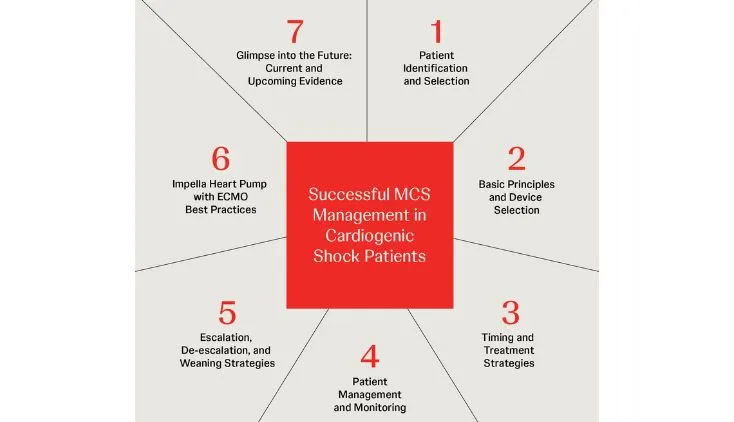Clinical Research & Data, AMI Cardiogenic Shock
Using Administrative/Payer Databases: Limitations and Utility
Chuck Simonton, MD, discusses how to interpret published papers that use a payer or administrative database, such as the American College of Cardiology’s National Cardiovascular Data Registry (ACC NCDR) or CathPCI registry, as their data source. Dr. Simonton is an interventional cardiologist and chief medical officer at Abiomed.
Dr. Simonton discusses the limitations and utility of data from these data sources. Limitations include:
- Data on severity of illness not available to risk-adjust for mortality
- Unable to assess impact of best practices on device use
- Unable to assess for factors influencing device selection, such as severity of illness or impact of guidelines
The utility of these databases is that they can be used to:
- Evaluate trends over time for treatment strategy
- Evaluate health economics and resource utilization over time
- Generate hypotheses for future higher-quality studies
Dr. Simonton uses a paper published in JAMA in 2020 by Dhruva et al. as an example of the limitations of using administrative database sources. This paper attempted to compare use of the intra-aortic balloon pump (IABP) to Impella® heart pump in patients with acute myocardial infarction (AMI) cardiogenic shock using data from the ACC NCDR administrative database and reported significantly higher mortality in the Impella group. Dr. Simonton highlights several of the limitations of this investigation:
- The Impella treatment group was not, as the authors stated, patients treated with Impella alone, but also included patients treated with IABP who were escalated to Impella support and were thus sicker patients
- Risk adjustment was not able to adjust for the most important predictors of mortality in cardiogenic shock (eg, cardiac power output [CPO], pressor dose, lactate, SCAI shock stage)
- Impella “all-comer” mortality didn’t reflect best practice protocol use of Impella
- Observational design reflects how physicians practice with selection bias based on SCAI and ACC guidance for device selection (i.e., IABP for less sick/pre-shock patients and Impella for severe shock)
Meanwhile, a large study (Stretch et al. JAMA, 2014) from the Nationwide Inpatient Sample (NIS) demonstrated that IABP use is an independent predictor or mortality, potentially because it leads to a delay in the use of more effective mechanical circulatory support (MCS), such as Impella.
Summarizing this discussion of administrative and payer databases as data sources, Dr. Simonton states, “It’s important to be critical of this data. It may be hypothesis-generating, but it helps us understand what you can really derive from these types of studies, so we can hopefully move on to much better prospective studies done with specific databases that are designed to answer these questions.”
NPS-2689


